“The Postponement Of The Constitutional Referendum Was Not Surprising”
- Par Eldickson Agbortogo
- 29 Mar 2023 10:24
- 0 Likes
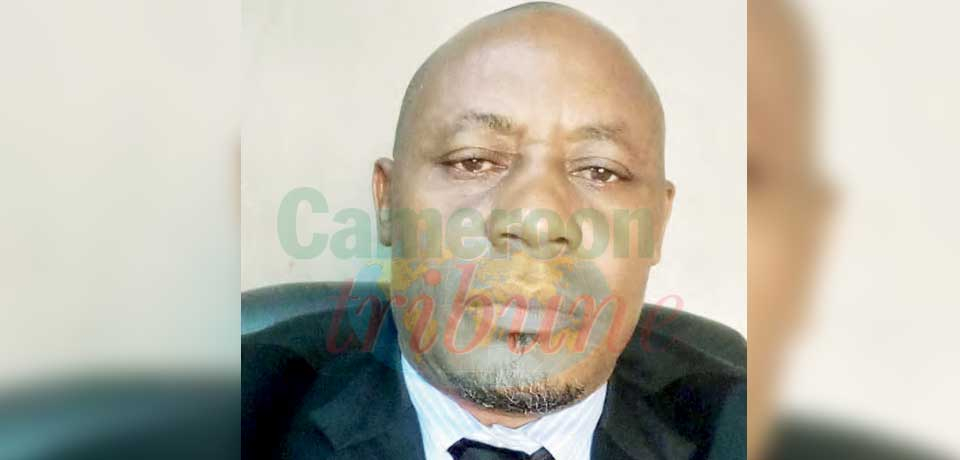
Dr Tarh Humphrey Ntantang, Political Scientist and Researcher.
What do you make of the Transitional Military Government in Mali?
Mali as we all know has of recent witnessed two coup d’états with the main actor being the current Transitional Military President, Col Assimi Goïta, after accusing ex-President Bah Ndaw and PM Moctar Ouane of failing in their duties and seeking to sabotage the country's transition. They were arrested hours after a government reshuffle which saw two senior army officers replaced. After pleas from the UN chief, the African Union, the Economic Community of West African States (ECOWAS), the EU and the US, the President and Prime Minister were released without any preconditions. Their arrest and the suppression of political party activities in the country led to a lot of criticism. But this has not deterred the military government from unfolding its transitional plan. The calendar, which was validated after a series of negotiations with ECOWAS that had imposed sanctions, came as a sigh of relief to the military government that now had time to put an end to French peacekeeping Operation (Barkhane) in the country and re-organize the defense forces in the fight against jihadists. In all we can say the military government after successfully convincing the regional bloc members (ECOWAS) of its intention to hand power to civilian rule within the stated time and galvanizing the population to stand behind her in the quest for long lasting peace, is now in full control of the country’s administrative machinery. But this might not last long because the population would soon be tired of waiting if the dividends are not visible. They might start being discourage and eventually turn against them. The faster they move in the implementation of both the administrative and military plans, the better for President Assimi Goita and his team. Even though it is well known that the military has never solved governance problems in Africa but for former Presidents Jerry Rawlings of Ghana and Paul Kagame of Rwanda.
On March 10, 2023 the government announced the postponement of the Constitutional Referendum slated for March 19. Is the postponement a tactic to stay in power?
The decision by the military government to postpone the constitutional referendum was not surprising because on the ground there was no visible preparation by the electoral commission with regards to infrastructure and the voting exercise. The draft constitution was not submitted to the President on time (27 February). It did not give room for the government to acquaint itself with some of the articles in the draft and also sensitize the population. Despite the postponement of the referendum, the government has for now assured the different stakeholders of its willingness to maintain the previously agreed timeline to return to civilian rule. Considering the importance of the referendum, the military government intends to first install subdivisions of the election management body in all regions of the country. Familiarize the public with the constitutional draft before holding the vote. These are however good arguments for a postponement. Though it is not said in public, most of the Muslim leaders (Imams) with big following, are not only against the draft constitution, but are calling on their followers to boyco...
Cet article complet est réservé aux abonnés
Déjà abonné ? Identifiez-vous >
Accédez en illimité à Cameroon Tribune Digital à partir de 26250 FCFA
Je M'abonne1 minute suffit pour vous abonner à Cameroon Tribune Digital !
- Votre numéro spécial cameroon-tribune en version numérique
- Des encarts
- Des appels d'offres exclusives
- D'avant-première (accès 24h avant la publication)
- Des éditions consultables sur tous supports (smartphone, tablettes, PC)






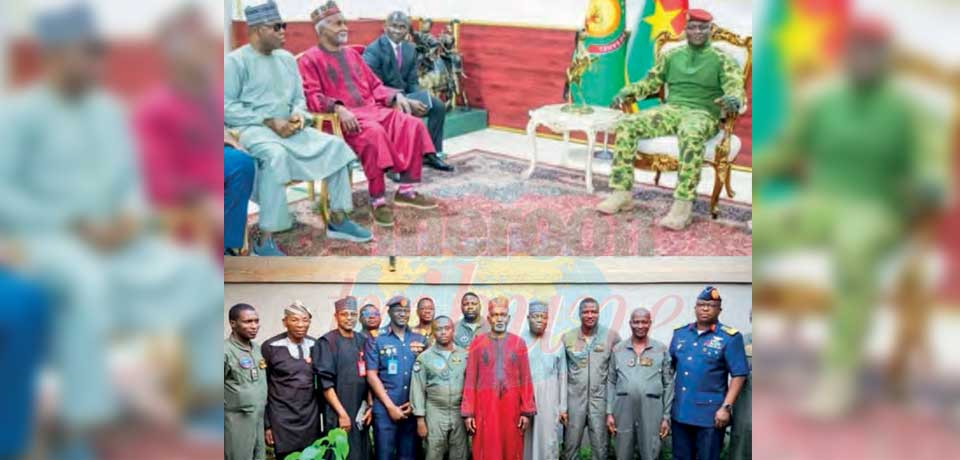
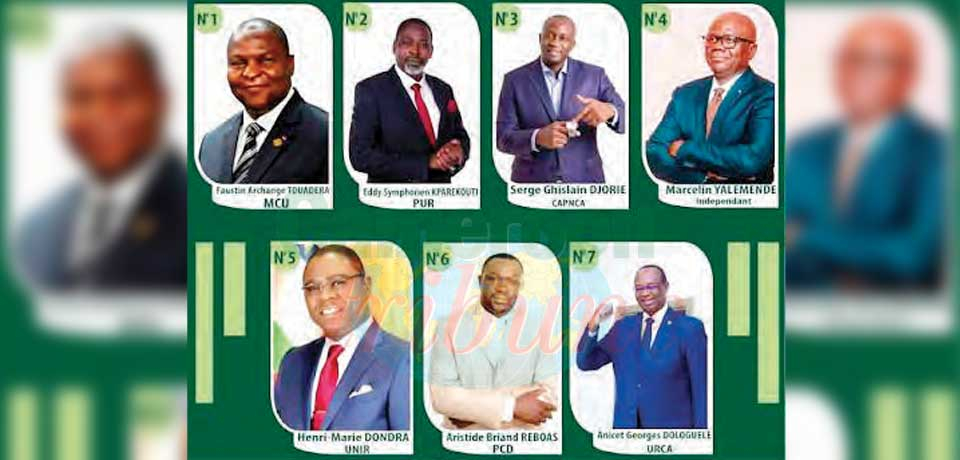
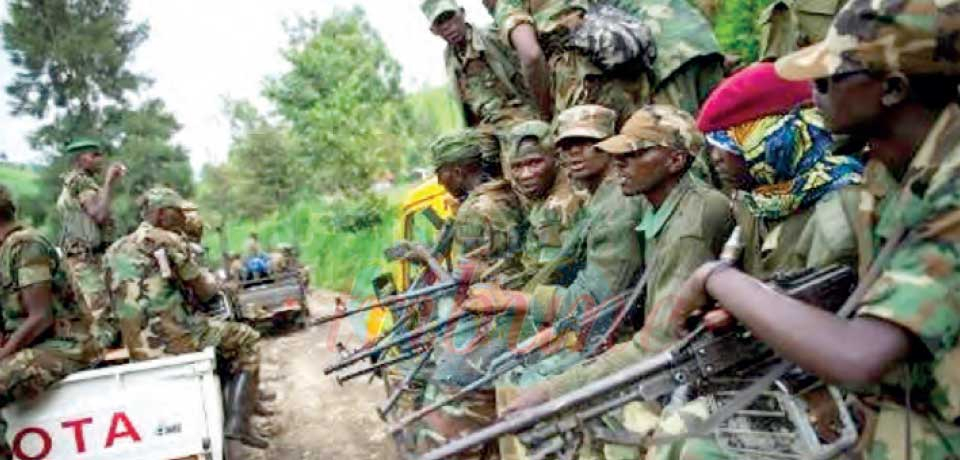
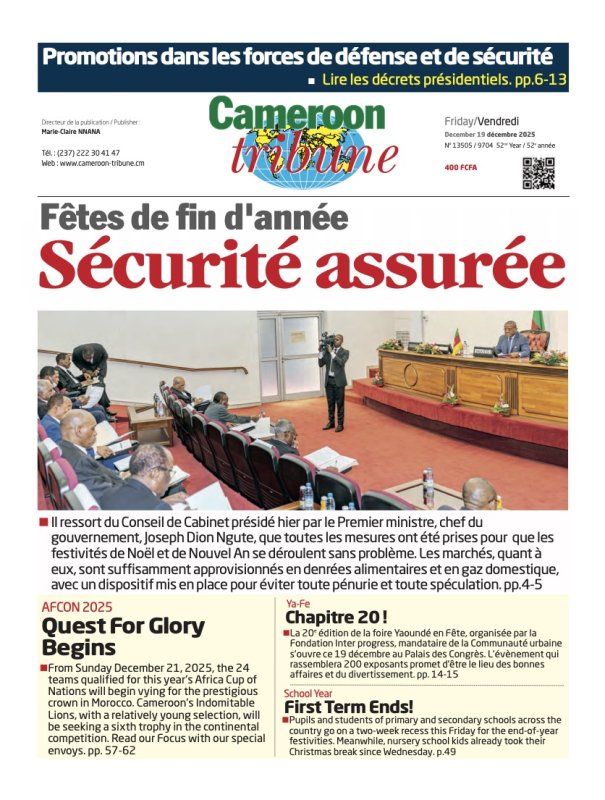




Commentaires